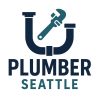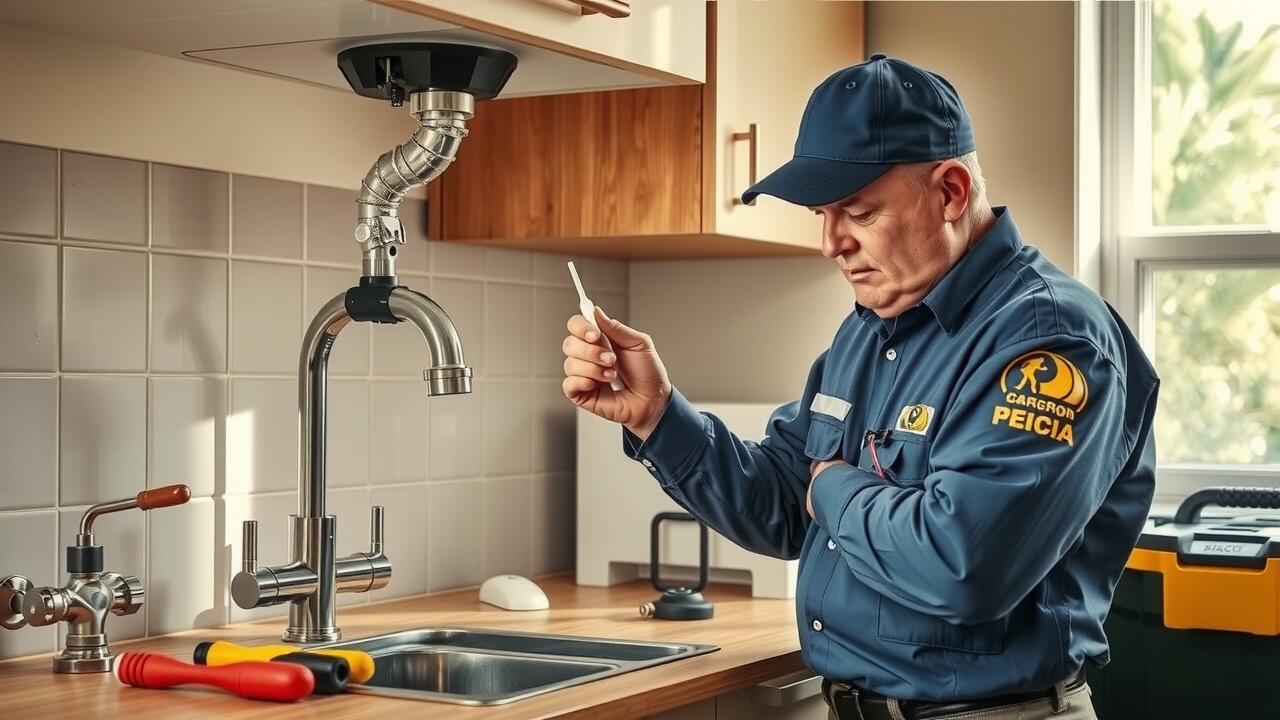Professional Leak Repair Services
Professional leak repair services offer expertise that can efficiently identify and resolve various types of leaks. These specialists utilize advanced technology, such as thermal imaging and moisture meters, to pinpoint problems without causing unnecessary damage to your property. Their experience allows them to quickly assess the severity of the leak and recommend the most effective solutions, ensuring that repairs are thorough and lasting.
Leak detection and repair can be complex, particularly in older homes or buildings with intricate plumbing systems. Professionals understand the nuances of different materials and construction techniques, allowing them to handle issues that may not be apparent to the untrained eye. Relying on expert services not only saves time but also provides peace of mind, knowing that the repair work is completed with precision and care.
When to Call a Plumber
Identifying when to call a plumber can save you time and prevent further damage to your home. If you notice water stains on walls or ceilings, or if your water bill suddenly increases without explanation, these could be indicators of a hidden leak. It is essential to act quickly in these situations. Professional assistance can ensure that the leak detection and repair process is handled efficiently and effectively.
Another sign that it’s time to reach out to a plumbing professional is the presence of mold or mildew. These issues can arise from prolonged exposure to moisture and can pose health risks. A plumber has the expertise to assess the situation, perform leak detection and repair, and recommend the best solutions to protect your property from future issues. Timely intervention can ultimately save homeowners from more extensive repairs down the line.
DIY Leak Repair Options
When tackling small leaks on your own, having the right tools and materials can make the process smoother. Common supplies include pipe tape, sealants, and wrenches. Identifying the source of the leak is crucial for effective leak detection and repair. For minor issues, such as a dripping faucet or a leaky pipe joint, these materials can often provide a temporary fix until a more permanent solution is arranged.
Before beginning any repair, it’s important to shut off the water supply to prevent further damage. Safety precautions, like wearing gloves and goggles, can help protect against potential hazards. While DIY methods can be cost-effective, some leaks may require professional assistance for proper leak detection and repair. Understanding your limits is essential to avoid exacerbating the problem and incurring higher costs later on.
Safety Precautions to Consider
When dealing with leak detection and repair, safety should be a priority. Make sure to turn off the water supply to avoid further damage. If the leak is near electrical outlets or wiring, it is wise to shut off the electricity in the affected area. Always wear appropriate protective gear, such as gloves and goggles, to prevent injuries from sharp tools or hazardous materials.
Additionally, ensure proper ventilation in the workspace. If using chemical sealants or cleaners, follow the manufacturer’s instructions carefully to avoid inhaling fumes. If the leak involves gas lines or sewage, it’s best to contact a professional. Being cautious can help prevent accidents while you address the source of the leak effectively.
Consequences of Ignoring a Leak
Ignoring a leak can lead to severe consequences that extend beyond just water damage. Prolonged exposure to moisture creates an ideal environment for mold growth, which poses health risks to occupants. Structural integrity may also be compromised as wood rots and walls weaken. Over time, the cost of repairs increases significantly as the problem escalates from a simple leak to a major issue requiring extensive restoration.
In addition to health hazards and structural damage, unaddressed leaks can lead to soaring water bills, putting a strain on your finances. Homeowners may find themselves facing insurance complications if damage occurs, especially if it is determined that the leak went unreported for an extended period. Regular maintenance, including timely leak detection and repair, is crucial for avoiding these negative outcomes and ensuring a safe living environment.
Potential Damage to Property
Ignoring a leak can lead to significant damage to your property over time. Water can seep into walls, flooring, and ceilings, causing structural issues that become costly to repair. Mold and mildew thrive in damp environments, creating health hazards and potentially decreasing your home’s value. The longer a leak remains undetected, the more extensive the damage can become, resulting in expensive repairs that could have been avoided with timely leak detection and repair.
In addition to structural problems, leaks can also affect your utility bills. Increased water usage due to leaks often leads to higher monthly expenses. If left unaddressed, the cumulative costs associated with both repairs and water bills can place a financial strain on homeowners. Taking proactive steps for leak detection and repair not only protects your property but also helps maintain its value and preserves your budget.
FAQS
How much does it typically cost to find and fix a leak?
The cost to find and fix a leak can vary widely depending on factors such as the location and severity of the leak, the type of repair needed, and whether you choose professional services or DIY options. On average, hiring a plumber may cost between $150 to $500 for leak detection and repair.
What are the signs that I should call a plumber for a leak?
You should consider calling a plumber if you notice unexplained water stains on walls or ceilings, hear dripping sounds when no water is running, experience unexplained increases in your water bill, or see standing water in your home or yard.
Are there any DIY methods to detect a leak?
Yes, some DIY methods include checking your water meter for changes, inspecting visible pipes for moisture or corrosion, and using a moisture meter to check walls and floors. However, for more complex issues, it’s advisable to consult a professional.
What safety precautions should I take when addressing a leak?
Always turn off the water supply before attempting any repairs. Wear protective gear such as gloves and goggles, ensure proper ventilation if using any chemicals, and be cautious of electrical hazards if water is near electrical outlets or appliances.
What could happen if I ignore a leak?
Ignoring a leak can lead to severe consequences, including structural damage to your property, mold growth, increased water bills, and potential health risks. Early detection and repair are crucial to preventing these issues.

